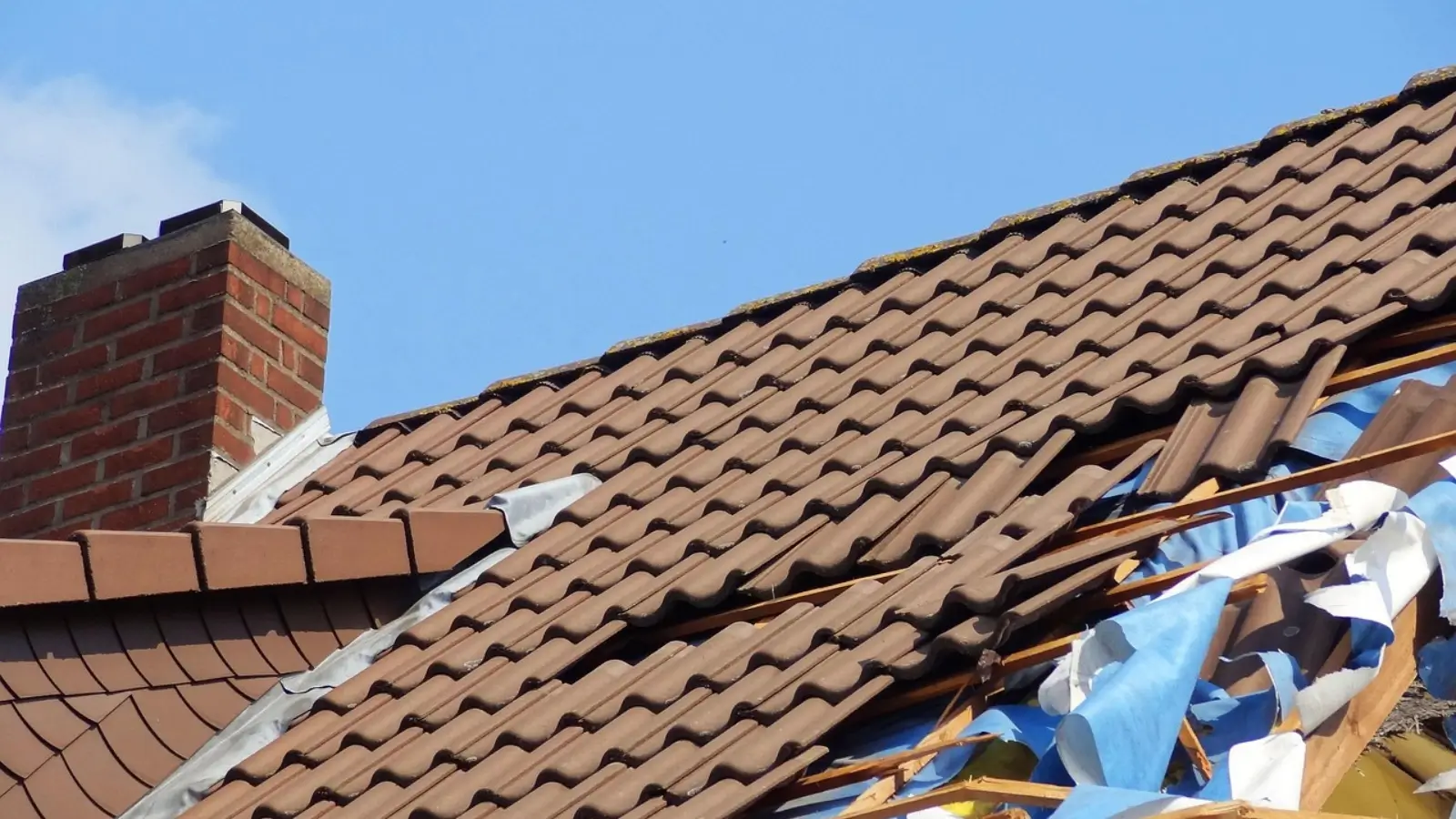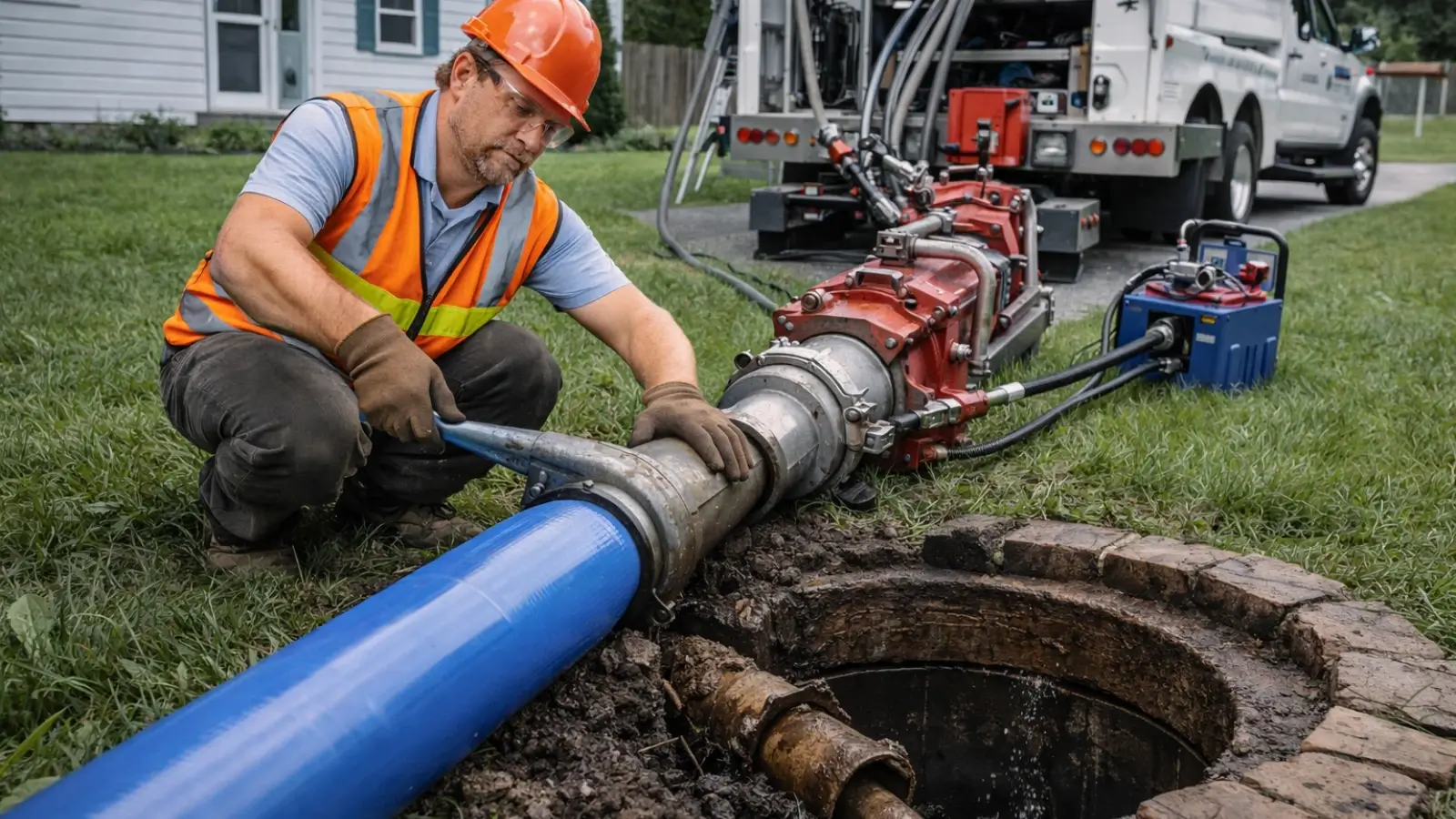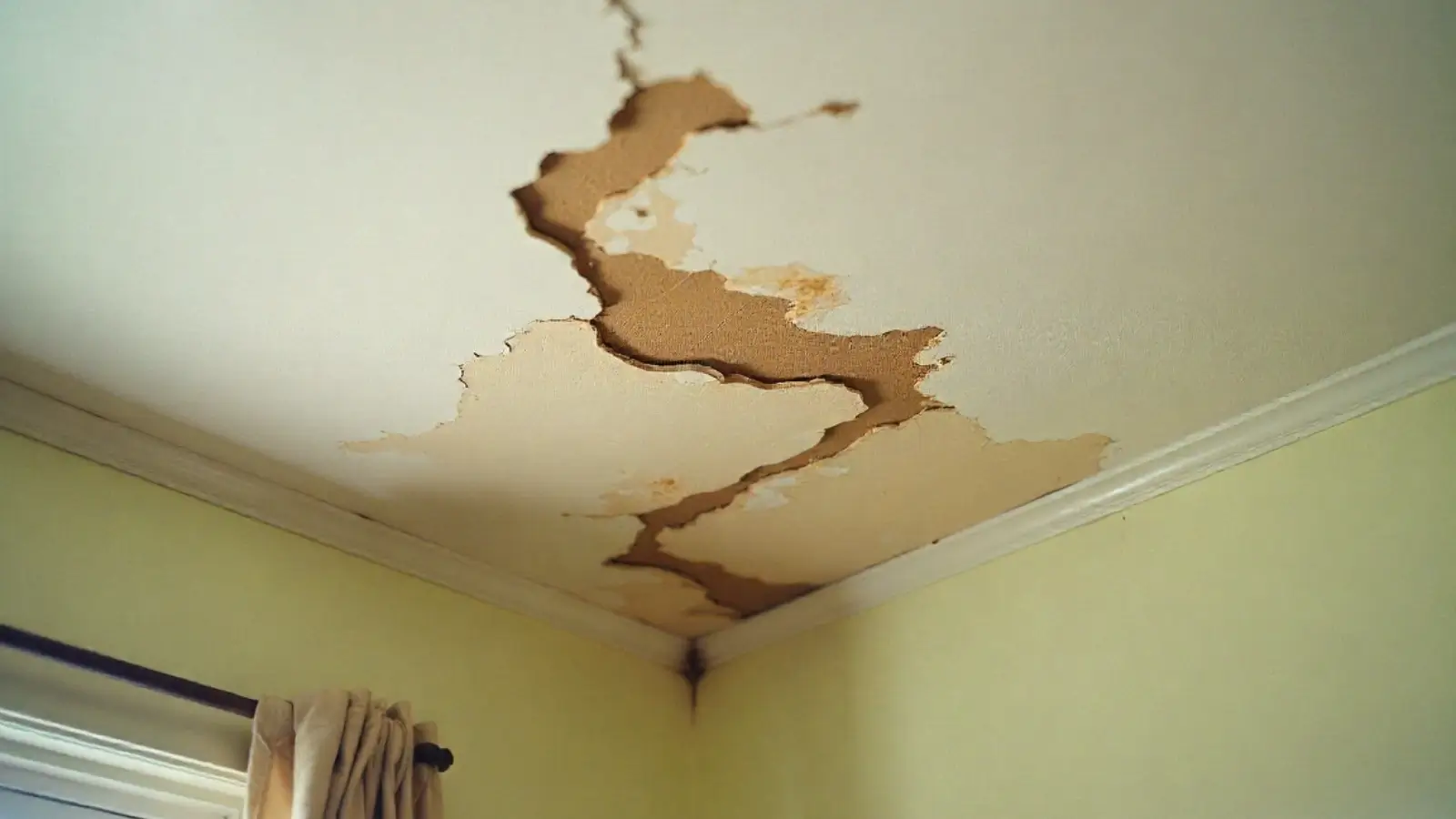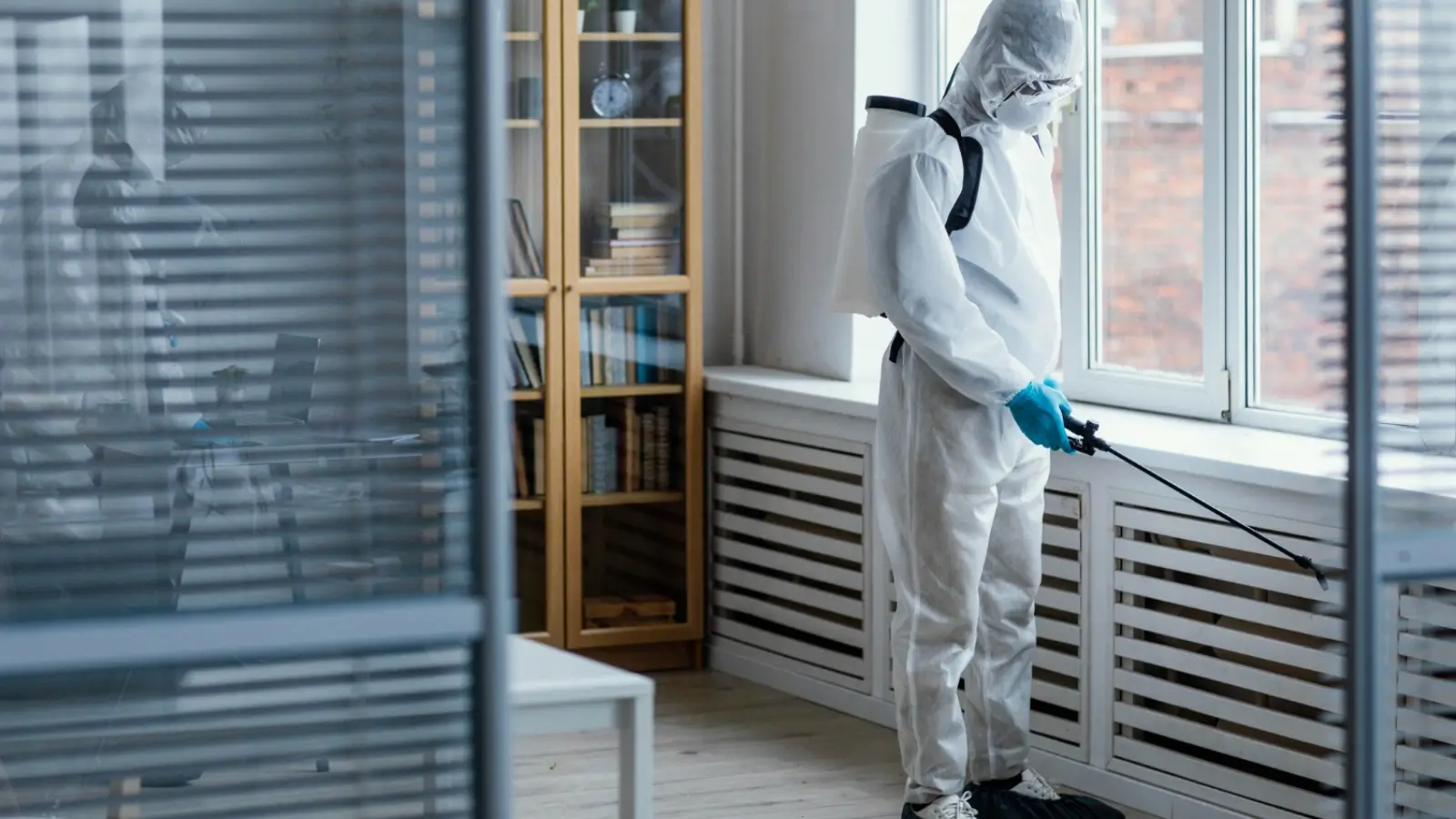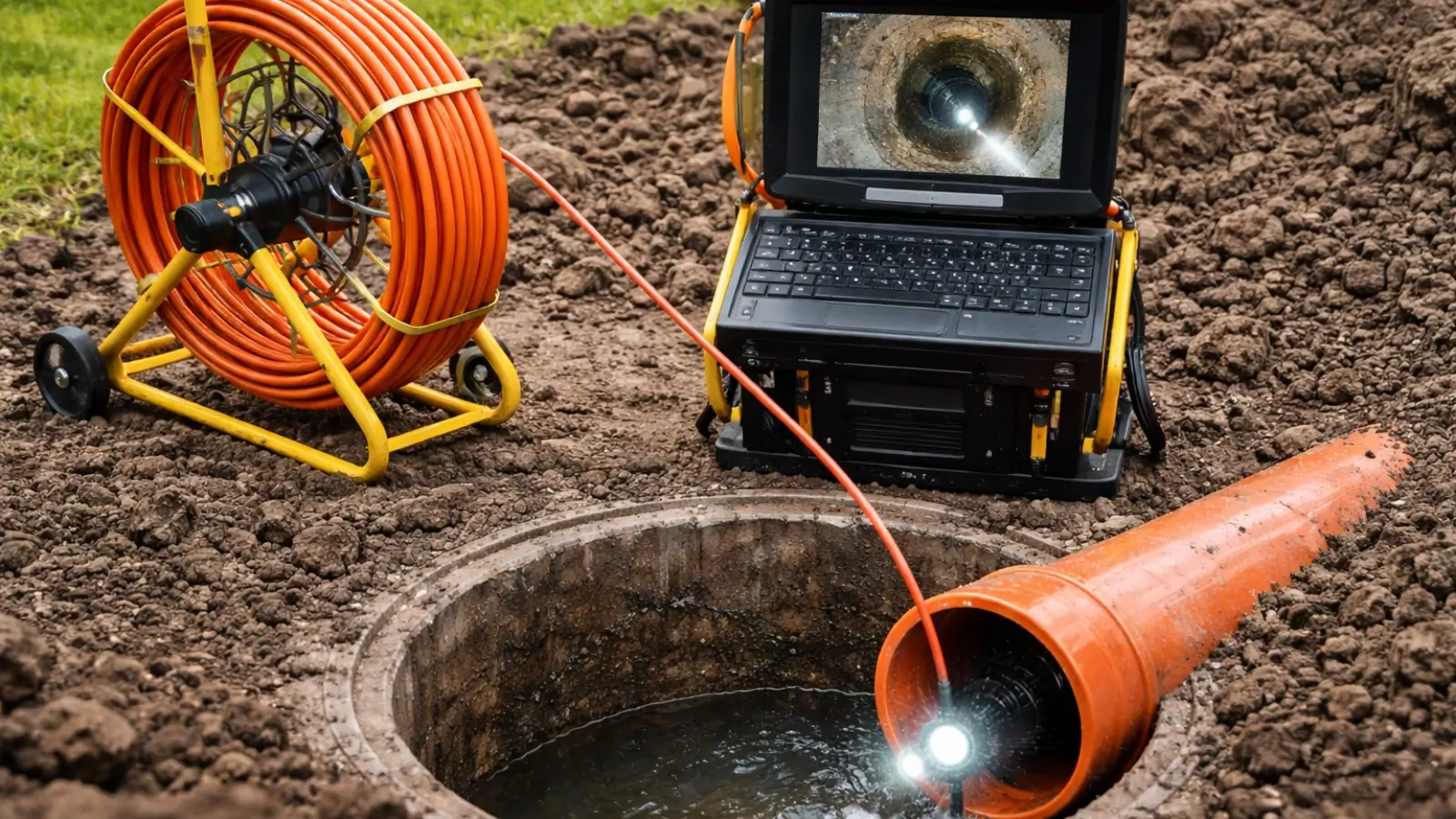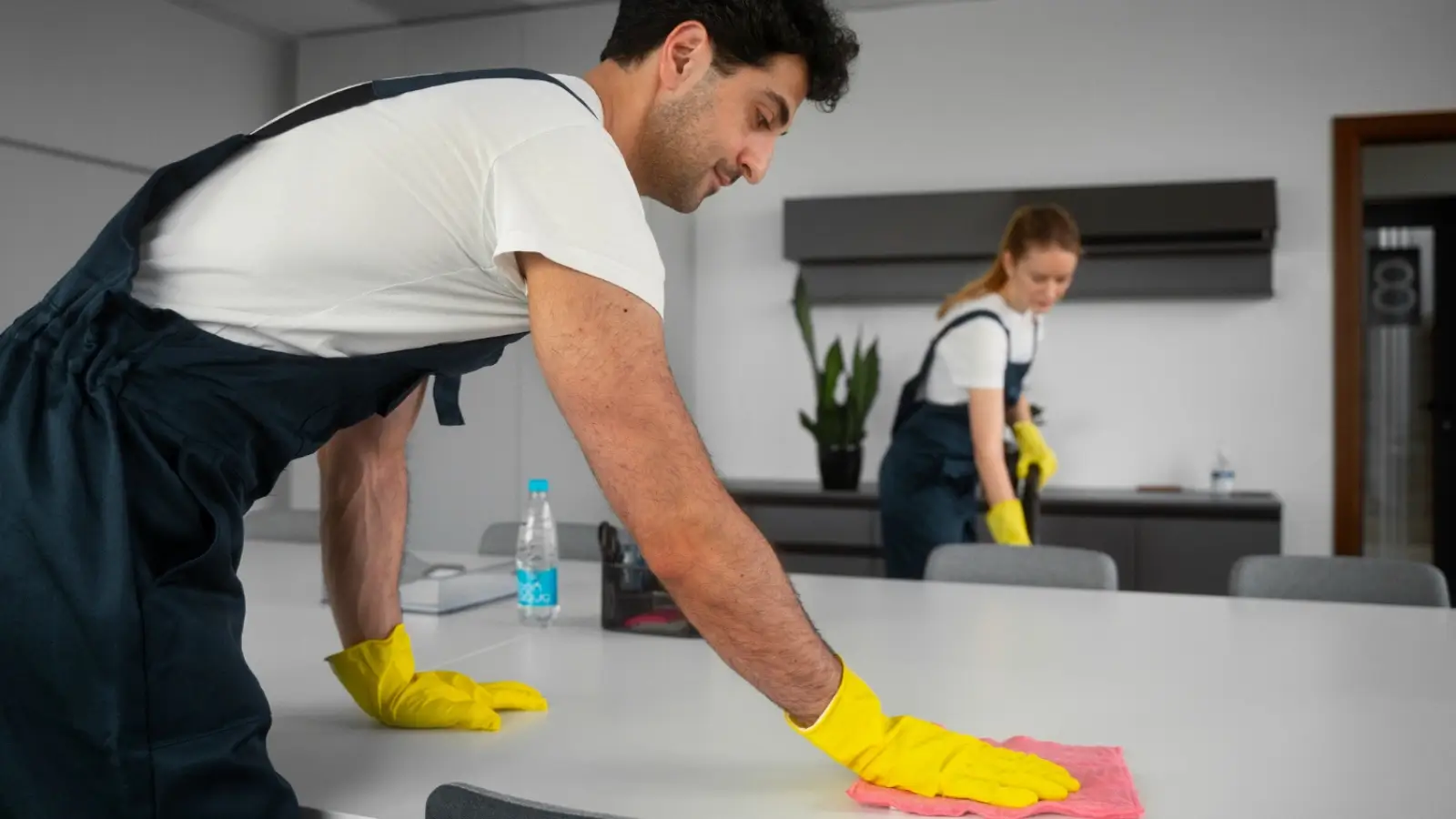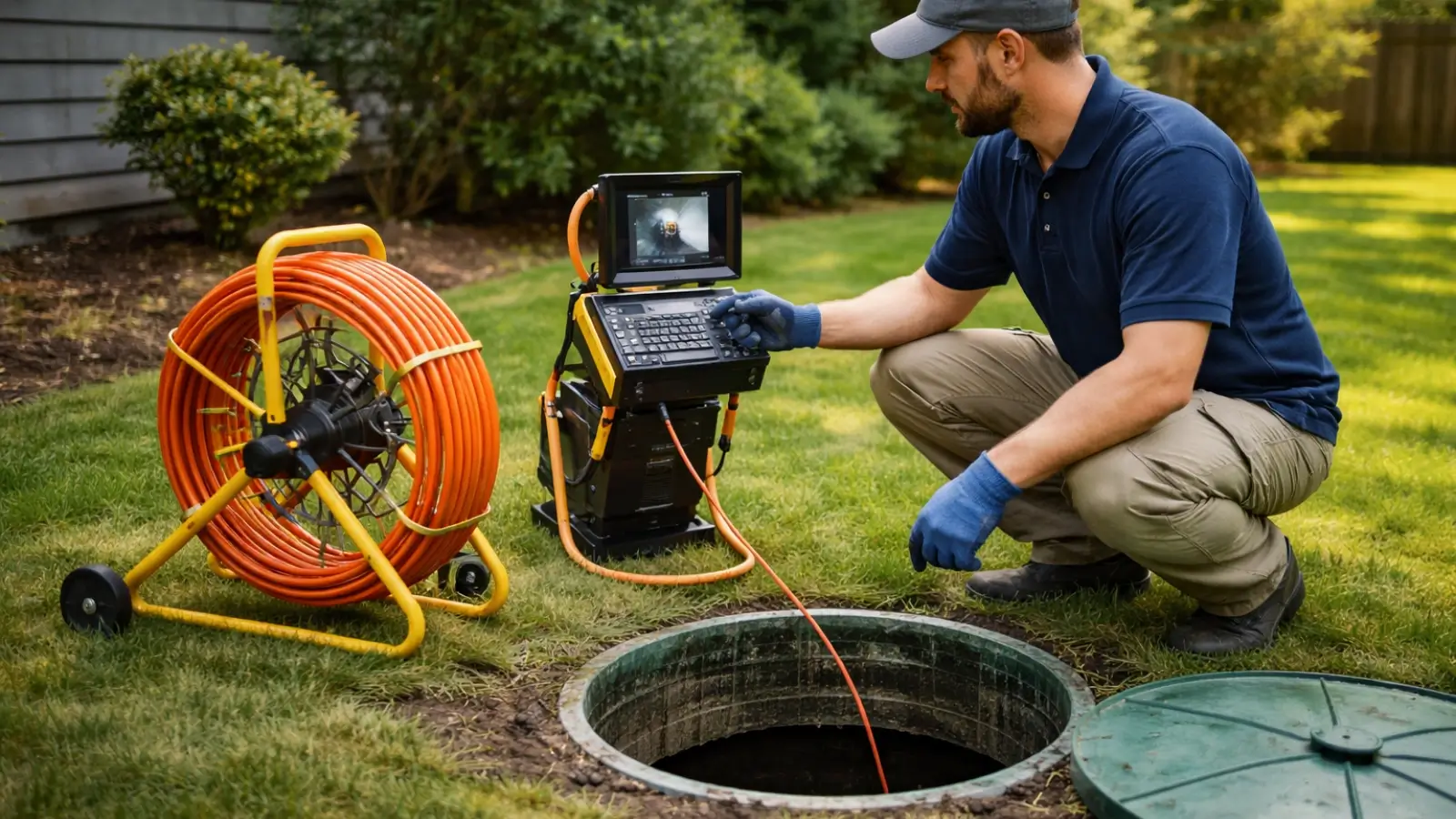Storms can be brutal in Hendersonville. One minute you're enjoying a peaceful evening, and the next, you're listening to hail pounding your roof like an angry woodpecker on steroids. But here's the thing that catches most homeowners off guard: the worst damage often happens where you can't see it.
While that missing shingle or dented gutter might be obvious, hidden storm damage can lurk for months or even years before showing its true colors. By then, what could have been a straightforward repair becomes a costly nightmare involving water damage, mold, and structural issues that make your wallet weep.
The good news? You don't need to be a roofing expert to spot the warning signs. With a little knowledge and some detective work, you can catch hidden damage early and get storm damage repair in Hendersonville NC before small problems become big headaches.
Why Hidden Storm Damage Is So Dangerous
Hidden damage is sneaky. It doesn't announce itself with dramatic leaks or obviously broken windows. Instead, it works quietly behind the scenes, compromising your home's integrity one drop of moisture at a time.
Think of it like a slow puncture in your car tire. You might not notice anything wrong at first, but eventually, you're stranded on the side of the road wondering how things got so bad so fast. The same principle applies to your home after a storm.
Water is particularly crafty. It can find the tiniest opening and travel along roof decking, down walls, and into places you'd never think to look. Meanwhile, loose or damaged materials create entry points for more water, insects, and even small animals looking for a cozy new home.
Exterior Signs That Scream "Check Me Out"
Your home's exterior takes the brunt of storm damage, but not all of it is immediately visible. Here's what to look for:
a) Roof Red Flags
Start by walking around your property and looking up. Missing or damaged shingles are obvious, but also check for:
- Granules in your gutters or scattered around your foundation
- Shingles that look darker or different in color
- Exposed nail heads where shingles have shifted
- Sagging areas that weren't there before
b) Gutter Troubles
Gutters do more than just look pretty hanging from your roofline. Damaged gutters can lead to water problems throughout your home:
- Dents or cracks that affect water flow
- Gutters pulling away from the house
- Downspouts that are loose or damaged
- Water stains on the exterior walls below gutters
c) Siding and Windows
Don't forget about the vertical surfaces of your home. Storm damage can show up as:
- Small cracks or holes in siding
- Loose or missing trim pieces
- Window frames that look warped or damaged
- Caulking that's cracked or missing entirely
Interior Clues That Something's Wrong
Sometimes the first signs of storm damage show up inside your home, often in places you visit every day but might not really notice.
Water Stains and Discoloration
Keep an eye out for new water stains on ceilings or walls, especially after recent storms. These might start small and barely noticeable, but they're your home's way of waving a red flag. Also watch for paint that's bubbling or peeling, which can indicate moisture problems behind the surface.
Musty Odors
Your nose knows when something's not right. A musty smell, especially in areas like basements, attics, or bathrooms, can indicate hidden water damage that's creating perfect conditions for mold growth.
Doors and Windows Acting Up
If doors or windows suddenly start sticking or won't close properly, it might not just be seasonal changes. Storm damage can shift your home's structure slightly, causing these everyday items to fit differently than they used to.
The Professional Inspection Advantage
While you can spot many signs of storm damage yourself, there's real value in getting a professional assessment. These folks know exactly where to look and what to look for, plus they have tools and experience that go way beyond what most homeowners possess.
A professional inspector can safely access your roof, check structural elements you can't see, and use specialized equipment to detect moisture where it might be hiding. They'll also document everything properly, which becomes crucial if you need to file an insurance claim.
Don't feel embarrassed about calling in the experts. Even if you're handy around the house, storm damage assessment involves safety risks and technical knowledge that most people don't encounter in their daily lives.
Acting Fast Makes All the Difference
Here's where timing becomes your best friend or your worst enemy. The sooner you identify and address storm damage, the less expensive and complicated repairs tend to be.
Water damage compounds quickly. What starts as a small leak can spread to insulation, drywall, flooring, and structural elements faster than you might expect. Mold can begin growing within 24-48 hours in the right conditions.
Most insurance policies also have time limits for filing claims, so discovering damage months after a storm can complicate the coverage process.
Getting Quality Storm Damage Repair in Hendersonville NC
When you do find damage, choosing the right repair team matters tremendously. Look for contractors who are licensed, insured, and have solid local references. Avoid door-to-door salespeople who show up right after storms promising quick fixes.
Get multiple estimates and don't automatically go with the cheapest option. Quality materials and workmanship cost more upfront but save money over time by lasting longer and preventing future problems.
Ask plenty of questions about the repair process, timeline, and warranties. Good contractors welcome questions and take time to explain their recommendations clearly.
Protecting Your Home and Peace of Mind
Storm damage doesn't have to turn into a disaster that disrupts your life and drains your savings. By staying alert to the warning signs and acting quickly when you spot problems, you can keep small issues from becoming major headaches.
Remember, your home is probably your biggest investment. Taking care of it properly, especially after storms, protects both your financial investment and your family's comfort and safety.
Make it a habit to do quick visual inspections after significant weather events. Your future self will thank you for catching problems early, and your wallet will definitely appreciate avoiding those expensive emergency repairs that always seem to happen at the worst possible times.

